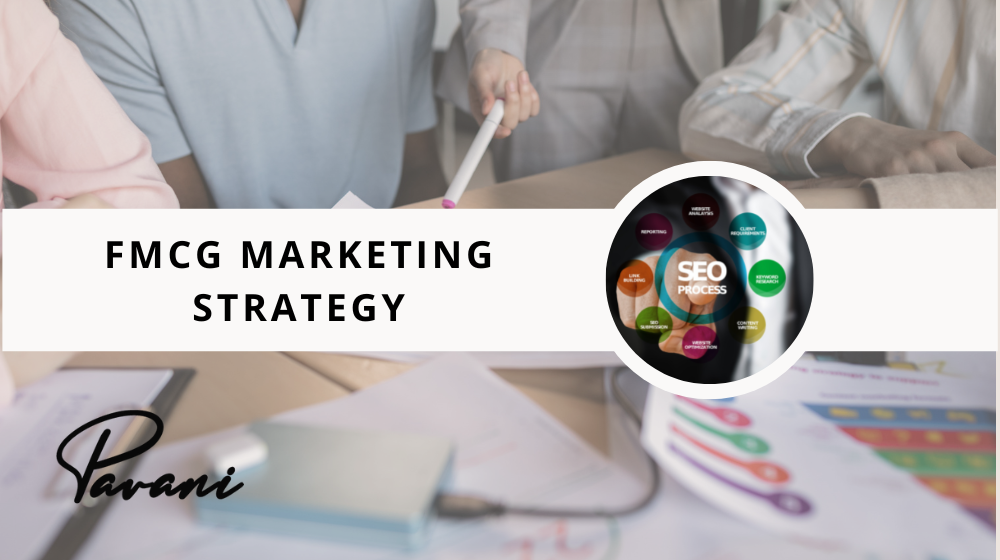FMCG Marketing Strategy
Of all the industries that need promotion, FMCG is perhaps the most in need. In the midst of mushrooming new competition, FMCG brands need to position themselves online with strong strategies.
It’s not enough to just research and finds new ways to market their products online – it’s important to implement them and be a trendsetter. In this blog post, we will discuss ways, practices, and examples of successful FMCG digital marketing strategies.
What does FMCG stand for?
FMCG stands for Fast Moving Consumer Goods. It is an industry where products are sold quickly and at low cost, which means low-profit margins and high volume sales.
Creative Ideas For Your FMCG Digital Marketing Strategy
Being active on social media allows FMCGs to connect with consumers online and share information about their products in real-time. Among the many components of this digital marketing strategy, social media should be strong.
The use of social media helps companies to create and promote awareness of the communities around their brands. It goes without saying that social media can have a huge impact on sales, as brands that are visible on such platforms can easily drive meaningful results.
Developing a content strategy
A content strategy is essential for these companies to produce valuable content that attracts customers and helps build their brands. Content can come in the form of blog posts, videos, infographics, or – as we’ve already mentioned – social media updates.
These companies must ensure that their content is relevant, valuable, and consistent with the tone and style of their brand identity so that customers know what they expect from them. It is important to ensure that the content is relevant to the target audience and provides value to them.
Designing a website
Although they may seem redundant to many, websites are essential for FMCG brands. They can be used in an obvious way – to provide information about the company and its products or to drive traffic to the brand’s social media profiles and online store.
A good website should be easy to navigate and provide users with all the information they need. However, websites can also serve as a place for more information about the company’s work, partnerships, collaborations, or industry segment.
Enabling eCommerce
Having an online store for every FMCG brand may not be feasible. Some of them are available only through markets or e-grocery stores, while others choose to operate strictly offline. However, online stores are a great way for FMCGs to reach customers who want product information but don’t have the time or inclination to explore the aisles of physical stores.
It allows customers to browse and buy products from the comfort of their homes. Ideally, an online store should be easy to use regardless of which device it is viewed on and should provide information about products such as their ingredients and how to use them.
Investing in influencer marketing
FMCG brands can build long-term relationships with their target audience by using brand ambassadors, which represent influencers. 50% of IG users say they are more interested in a brand if they see its ads on Instagram.
As the name suggests, influencers are people who are influential and influence people to a specific target group. If you collaborate with them they can become your brand ambassadors, the partnership goes well and they love what you have to offer.
Posting UGC
It’s no secret that influencer marketing and brand ambassador programs are not only time-consuming but also resource-intensive and expensive. Some influencers agree to barter collaborations, while others will send you a significant bill for their promotional efforts.
User-generated content can be a great solution for FMCG brands looking to use organic posts to promote their products. With a little encouragement, brands can get a large number of photos and comments, which can be used in their communications with users’ consent.
Using paid advertising
Of course, FMCG brands can enhance their marketing campaigns with paid advertising. Of all the networks they can use, Facebook ads, Instagram ads, and Google ads are the most popular.
FMCG brands can use paid advertising to reach a larger audience. Social media campaigns can be used to promote products, build brand awareness, and generate leads.

